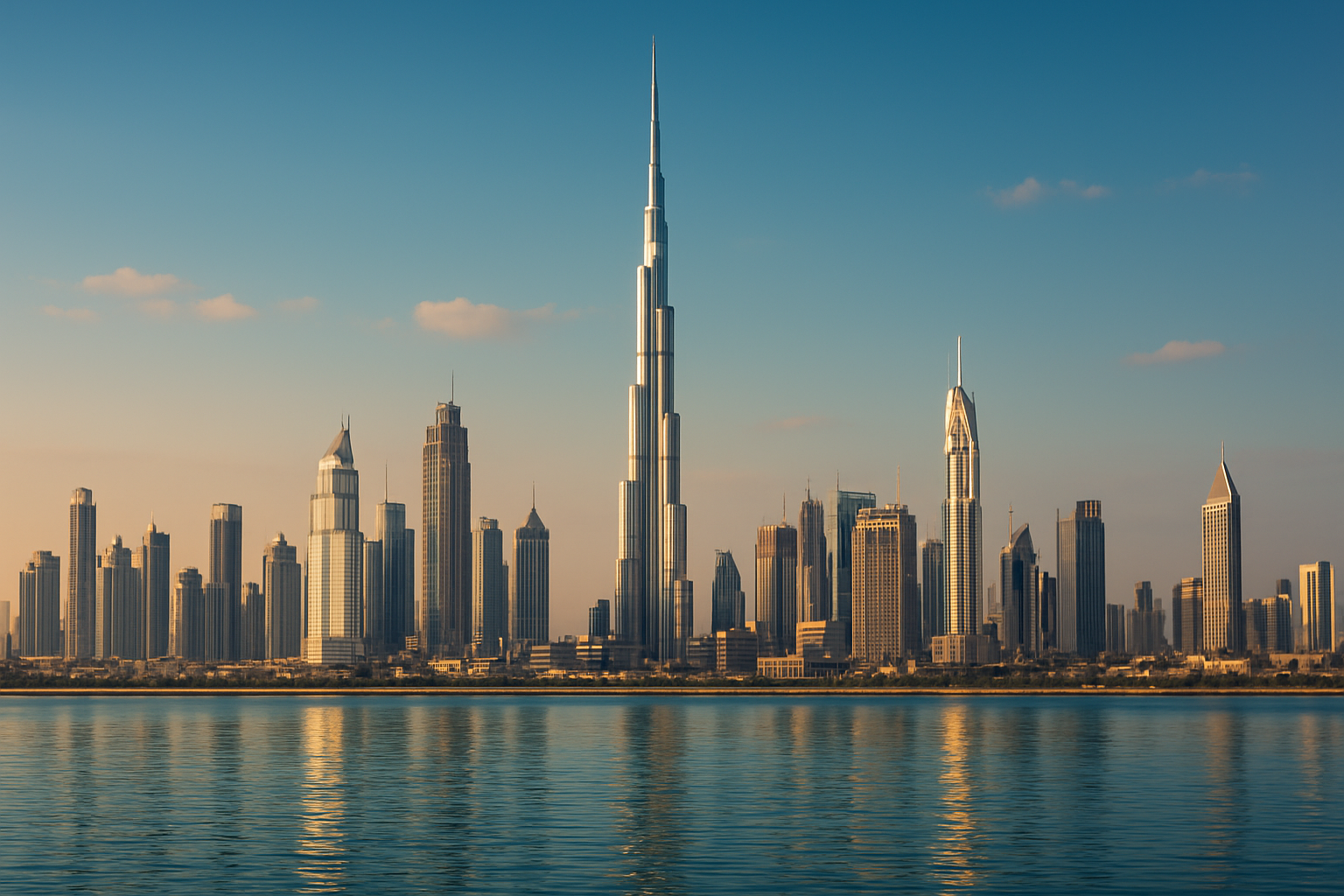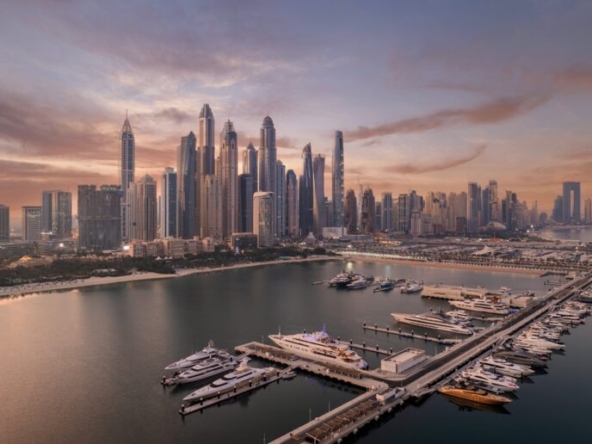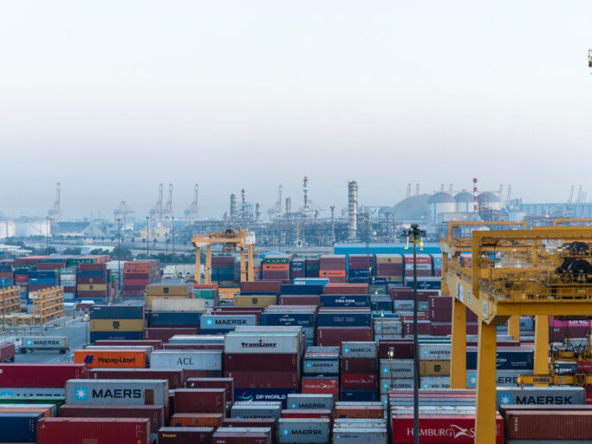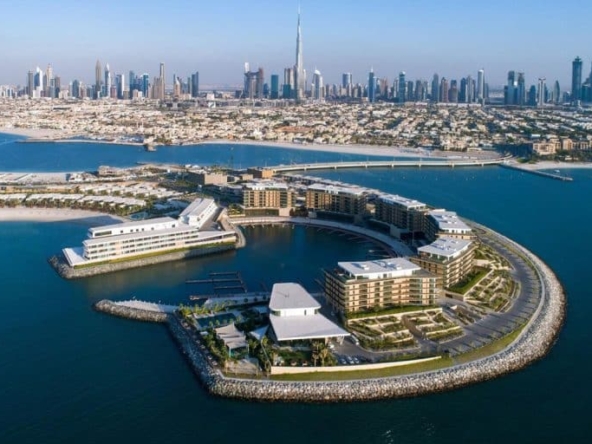Dubai’s real estate market is one of the most dynamic and rapidly evolving in the world. With breathtaking skyscrapers, artificial islands, and luxurious communities, Dubai has become a global magnet for investors. Yet, behind every transaction, every signed contract, and every new development lies a critical and often overlooked element: trust.
Investors, whether local or international, do not merely buy properties—they invest in people. They invest in developers, brokers, and brands that embody credibility, reliability, and transparency. This article explores the psychology of trust in Dubai real estate and uncovers why successful investors prioritize people before properties.
Understanding Trust in Real Estate Investments
Trust as the Cornerstone of Real Estate Decisions
In the high-stakes world of property investment, trust operates as the emotional currency that determines success. Real estate transactions in Dubai involve substantial financial commitments, legal procedures, and long-term expectations. Without trust, even the most architecturally stunning projects fail to attract genuine investor confidence.
Trust bridges the information gap between developers and investors, allowing both parties to engage in transactions with assurance. When investors trust a developer or real estate firm, they believe in the promise of timely delivery, construction quality, and ethical business practices.
The Human Factor: Why Investors Choose People Over Properties
1. Reputation and Credibility Drive Decisions
Dubai’s real estate ecosystem thrives on reputation. A developer or agent’s track record of delivering on promises carries more weight than glossy brochures or show-stopping architecture.
Well-established names such as Emaar, DAMAC, Nakheel, and Sobha Realty have built global credibility through years of consistent performance. Investors associate these brands with reliability—knowing that what’s promised on paper will materialize in reality.
2. Emotional Assurance and Transparency
Trust is deeply psychological—it’s about reducing uncertainty. When brokers or developers communicate transparently, respond promptly, and provide verifiable details, they activate the investor’s emotional comfort zone.
Transparency in pricing, documentation, and progress updates reassures investors that they’re partnering with professionals who value clarity over concealment.
3. Personal Relationships Build Loyalty
In Dubai’s competitive market, relationship-driven trust often determines whether an investor returns for a second purchase or recommends the brand to others. Personalized communication, attentive follow-ups, and genuine care convert a one-time client into a long-term partner.
Investors remember how they were treated more than what they bought—and that’s where successful real estate professionals excel.
The Role of Social Proof and Brand Perception
The Influence of Testimonials and Case Studies
Social proof is a psychological phenomenon where individuals look to others to guide their decisions. In real estate, this means testimonials, client success stories, and peer recommendations can dramatically influence investor confidence.
Positive reviews from credible sources build a sense of legitimacy, showing potential buyers that others have successfully navigated the same path.
Media Visibility and Brand Authority
Strong digital presence and media coverage also serve as trust multipliers. When a developer or broker maintains consistent communication through press releases, events, or digital campaigns, it reinforces the idea that they’re transparent and accountable.
The more visible a brand is, the more trustworthy it appears—a concept deeply rooted in marketing psychology.
Cultural Dimensions of Trust in Dubai’s Real Estate Market
Dubai’s real estate scene is uniquely multicultural, hosting investors from over 200 nationalities. Each culture brings different expectations of trust, negotiation, and partnership. Understanding these nuances allows brokers to build rapport and credibility more effectively.
For example:
-
Western investors value documentation, clarity, and professionalism.
-
Middle Eastern investors prioritize personal relationships and loyalty.
-
Asian investors often rely on peer networks and collective reputation before making decisions.
By adapting communication and engagement styles, developers and agents strengthen emotional bonds that transcend cultural barriers.
The Role of Regulatory Framework in Building Trust
Dubai’s government has taken significant steps to ensure transparency and investor protection in the real estate market. Initiatives by the Dubai Land Department (DLD) and Real Estate Regulatory Agency (RERA) have introduced measures such as:
-
Escrow accounts, ensuring that buyers’ funds are only used for the intended project.
-
Project registration and developer licensing, ensuring only credible firms operate.
-
Digital verification platforms, allowing investors to verify property ownership and developer credibility instantly.
These frameworks institutionalize trust, showing that Dubai is not just a city of luxury but a city of integrity.
Technology and the New Age of Transparent Investing
Blockchain and Smart Contracts
Dubai’s move toward blockchain-based real estate transactions has redefined transparency. Blockchain ensures immutability and traceability, removing intermediaries and reducing the risk of fraud.
Smart contracts automatically execute agreements once conditions are met, creating a self-regulating trust mechanism between parties.
Virtual Tours and AI Integration
Technology also empowers investors to verify property details without physically being present. Through virtual reality tours, AI-driven price analytics, and data-backed valuation tools, buyers can now make decisions based on verifiable insights rather than sales pitches.
The Psychology Behind the Trust Decision
Cognitive Bias and Emotional Intelligence in Real Estate
Human decisions are rarely logical—they’re emotionally driven and cognitively biased. Factors like familiarity bias, confirmation bias, and the halo effect shape investor choices.
If an investor perceives a broker as confident, knowledgeable, and ethical, they subconsciously extend that trust to the property itself.
Emotional intelligence—the ability to empathize, listen, and communicate authentically—is thus a broker’s most valuable skill. It helps in translating complex information into human reassurance.
Building Long-Term Trust: Beyond the Sale
After-Sales Engagement
Trust doesn’t end with the transaction; it evolves through after-sales support. Developers who maintain regular updates, property management assistance, and transparent communication build enduring relationships that result in repeat investments.
Consistency Over Time
Sustained credibility requires consistency. Delivering projects on time, honoring warranties, and addressing issues promptly cultivate a stable perception of reliability—the ultimate foundation of trust.
Conclusion: The Real Currency of Dubai Real Estate Is Human Trust
In Dubai’s glittering skyline of opportunities, the most valuable investment isn’t measured in square feet—it’s measured in trust. Properties may define the skyline, but people define success.
Investors choose developers who deliver, brokers who listen, and brands that keep their word. As Dubai continues to innovate and evolve, the psychology of trust will remain the invisible engine powering its real estate triumphs.
In the end, it’s not just about owning a piece of Dubai—it’s about believing in the people who make it possible.




